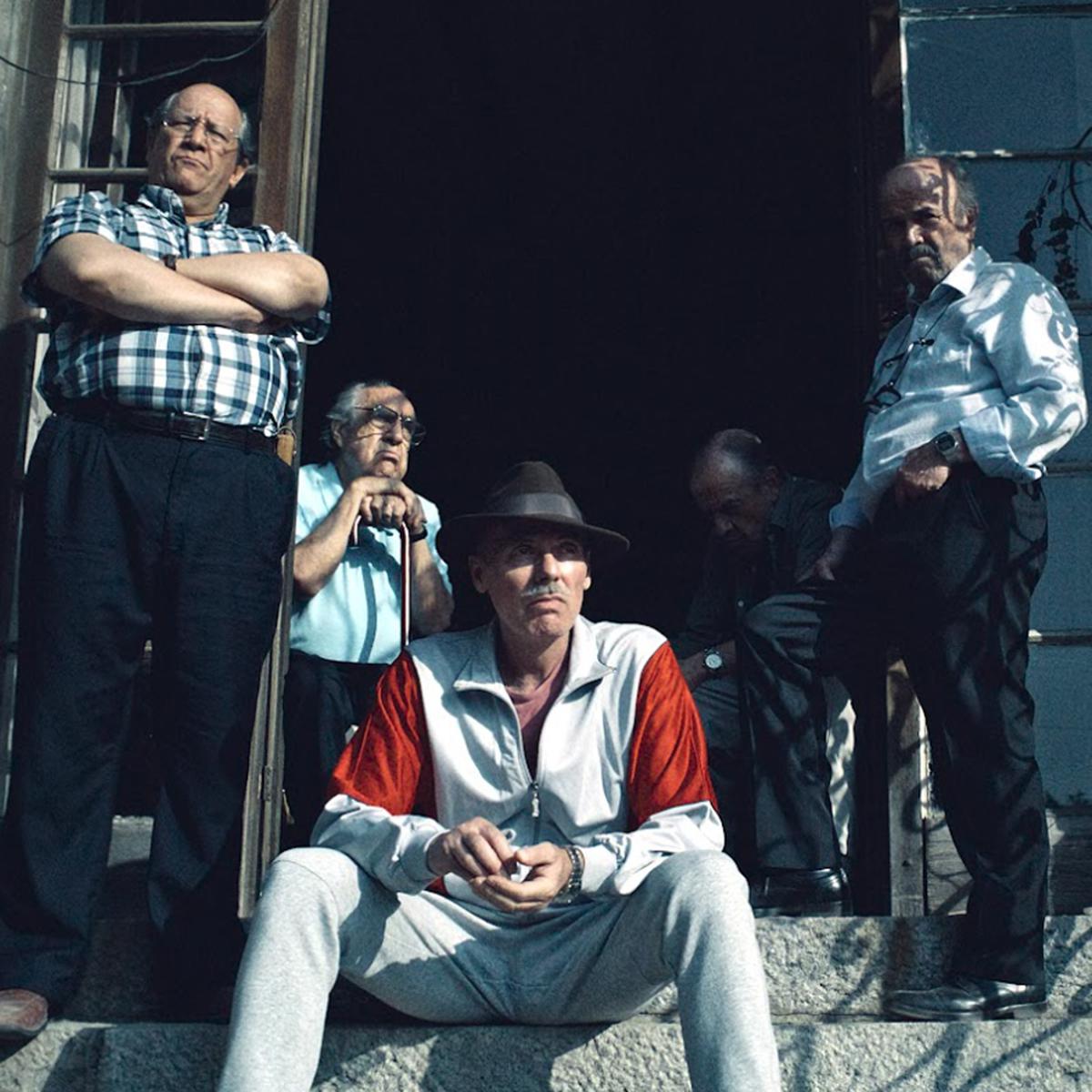Chilean filmmaker Felipe Carmona, director of Prison in the Andes
| Photo Credit: S.R.Praveen
For Chilean filmmaker Felipe Carmona, the 17-year-long dictatorship of Augusto Pinochet that ended in 1990 is not just something that happened in the past, but a defining era, the after-effects of which are still playing out in his country. Mr. Carmona’s debut film Prison in the Andes being screened in the International Competition category at the 28th International Film Festival of Kerala (IFFK) also has everything to do with that dictatorship.
In the film, which is based on real life incidents, a group of Army officers responsible for carrying out brutal torture under the regime are undergoing an 800 year-long prison sentence in a luxury prison, which also allows them home visits. It is something which looks like a resort nestled in the mountains, with the men supposedly to be in prison ordering around the prison guards. In an interview to The Hindu, with the help of translations by Mexican filmmaker Diego del Rio, whose film All the Silence is also in the competition, Carmona says that the original prison had tennis courts, swimming pools and quite a few luxury facilities.
Strong legacy
“It is not a movie about the Pinochet dictatorship in itself. It is about our democracy, our present time in Chile. Although the dictatorship has ended, in a way it hasn’t. The dictatorship has this strong legacy that in a way is still continuing. This Sunday, the country is voting for a new Constitution. And, the one being pushed by Pinochet’s present day, far-right supporters is unfortunately expected to win. The emergence of the right wing globally has given new energy to the party,” says Carmona.
Ironically, some of the actors playing the incarcerated torturers, were in real life victims of torture under the dictatorship.
“Some of them were directly affected, while for some others it was indirect. The actor who plays the military character whose television interview becomes a controversy was in prison for two years, when he was tortured. After that, he was exiled for many years. Some of the close friends of other actors were murdered during the period,” says the director.

A still from Felipe Carmona’s Prison in the Andes
The men in the film are shown as unapologetic and still wielding power over the guards, being very much aware of the command they still hold over them.
‘Actions justified’
“Some of the characters shown in the film are still alive. They really don’t believe that they are prisoners. They justify their actions and they feel that they are heroes whose actions saved the country. After the controversy over the luxury prison, the authorities built a new prison for them. Although it was not so luxurious, it was meant only for military men like them. It was still a very first world prison with a lot of facilities, unlike a typical Latin American prison,” he says.
The only time we get to see Pinochet in the movie is in flashback in a short black and white expressionist clip with title cards like a silent movie.
Last year too, the IFFK had a Chilean movie Chile 1976 dealing with a subject related to the Pinochet dictatorship. Manuela Martelli, another Chilean filmmaker making her debut, chose to portray people who had to pay a price for attempting to protect the opposers of the regime.
“Since we are still dealing with the after-effects of the dictatorship, a lot of filmmakers and writers speak about it through their works. There are also a lot of other stories being told in Chilean cinema. But every single movie made in Chile, be it a love story or any other genre, will in a subtle or explicit way have something to do with the dictatorship because it was so strong and influential in the political, cultural, economic and social life of the country,” he says.